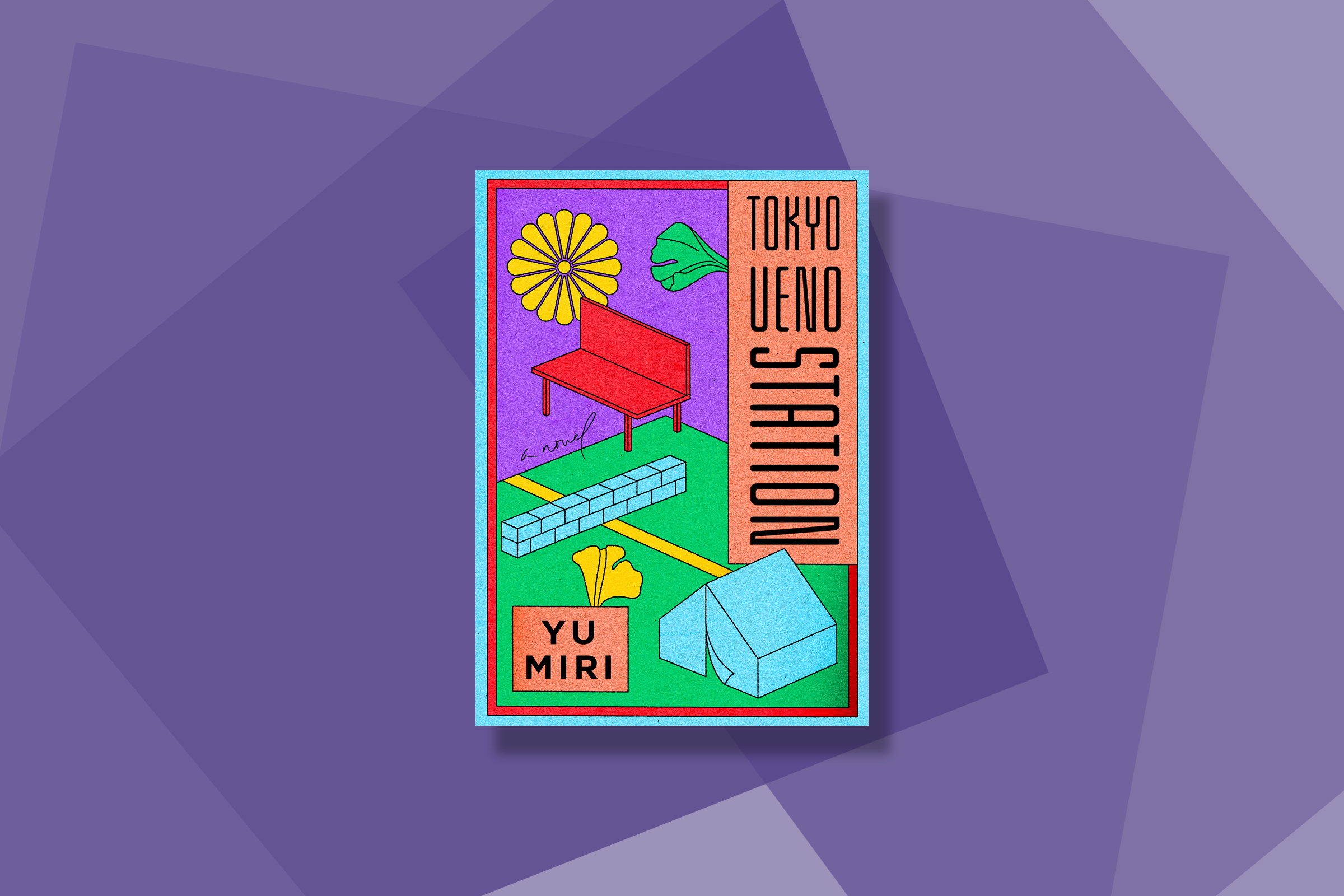“To be homeless is to be ignored when people walk past, while still being in full view of everyone,” says Kazu, the elderly protagonist of Yu Miri’s Tokyo Ueno Station, translated to English by Morgan Giles. Kazu, a migrant laborer, existed on the edges of society at the time of his death, often ignored while living in plain sight with other homeless people in Ueno Park near the city’s busy railway station. As Kazu examines the past, Yu shows readers the experiences of one small life against the big, broad backdrop of Japanese history throughout the 20th century, as key moments that have shaped Kazu as a person intersect with the life of the Emperor Akihito. The short novel, initially published in Japanese last year, is not the first time Yu has centered on the outsider’s perspective in her work; in the wake of the 2011 disaster at Fukushima, she helped tell the stories of the community there as a radio host. That desire to highlight underrepresented identities shines through in Tokyo Ueno Station, giving readers insight into a life and experience that might otherwise have been overlooked.
Buy Now: Tokyo Ueno Station on Bookshop | Amazon
- Donald Trump Is TIME's 2024 Person of the Year
- Why We Chose Trump as Person of the Year
- Is Intermittent Fasting Good or Bad for You?
- The 100 Must-Read Books of 2024
- The 20 Best Christmas TV Episodes
- Column: If Optimism Feels Ridiculous Now, Try Hope
- The Future of Climate Action Is Trade Policy
- Merle Bombardieri Is Helping People Make the Baby Decision
